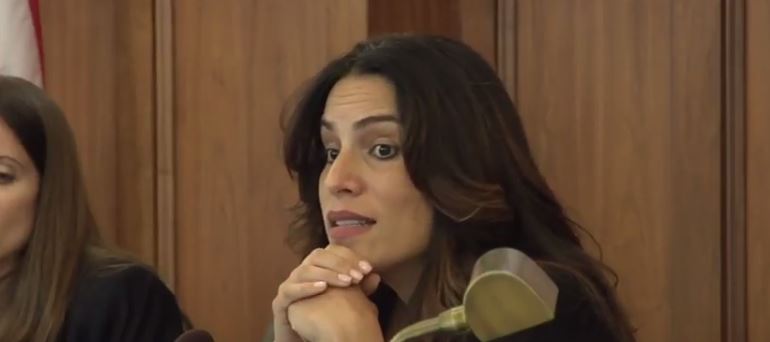
Bill Relieves New Educators While Bolstering Failing Schools
TRENTON – Three-pronged legislation that helps new teachers with state college loan debt, chronically failing school systems, and the students they serve, gained Senate approval today. Sponsored by Senator M. Teresa Ruiz, the bill establishes a loan redemption program in the Higher Education Student Assistance Authority that allows new teachers to redeem a portion of their New Jersey College Loans to Assist State Students payments in exchange for their service as educators in a high-need field in a New Jersey school with consistent underperformance.
“At the start of every school year, districts are challenged with filling high demand positions,” said Senator Ruiz (D-Essex). “Creating an incentive package can help attract professionals to some of the schools most critically in need of their talent. This is a win-win situation where the return on investment could be priceless.”
In order to participate in the loan redemption program, a person would be required to have been an undergraduate student borrower in the NJCLASS Loan Program. A participant would also be required to be a resident of New Jersey and a certified teacher who obtained initial employment to teach in a high-need field in a chronically failing school after the effective date of the bill.
A participant in the program would be required to execute a contract with HESAA that would specify a number of one-year periods of service and the total amount of debt to be redeemed by the State in return for the service. The redemption of loans under the program would range from 15 percent of principal and interest of a participant’s NJCLASS loan amounts in return for each of the first and second full years of service, to 30 percent for the fifth full year.
Under the bill, S-1831, a “chronically failing school” would be defined as any public school that meets the following:
- among all students in that school to whom a State assessment was administered, the percent of students scoring in the partially proficient range in both the language arts and mathematics subject areas exceeded 40 percent in each of the prior two school years; or
- among all students in that school to whom a State assessment was administered, the percent of students scoring in the partially proficient range in either the language arts or mathematics subject areas exceeded 65 percent in each of the prior two school years.
The bill would further define a “high-need field” as a subject area or field of expertise in which there is a shortage of qualified teachers in the State as determined by the Department of Education.
According to an August 2016 U.S. Department of Education Office of Postsecondary Education report on Teacher Shortage Areas Nationwide Listing, New Jersey showed a shortage of teachers in disciplines and subject areas specific to bilingual/bicultural, elementary subject matter specialization, English as a second language, mathematics, science, special education, world languages and all career and technical endorsements.

